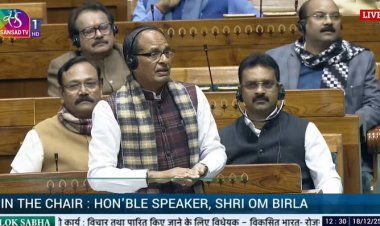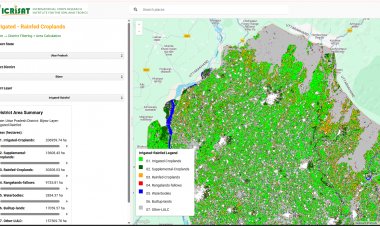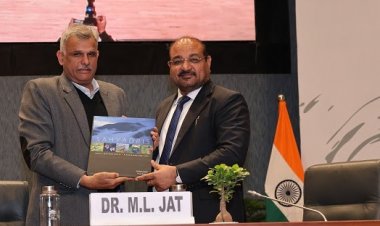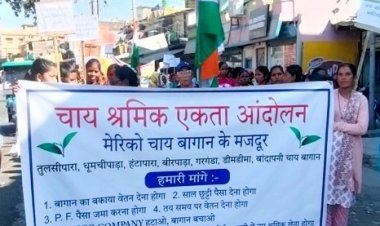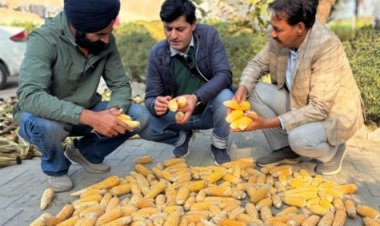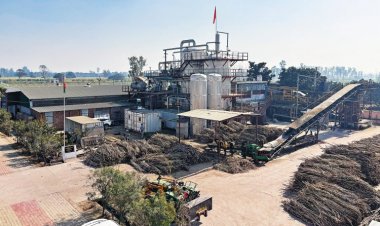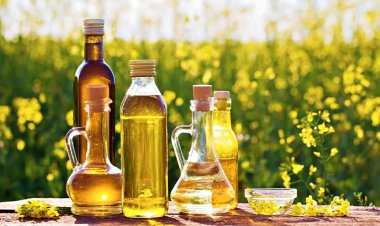Govt. Approves Procurement of Summer Moong Under PSS in Haryana, UP, Gujarat and Groundnut in UP
Red gram procurement extended in Andhra Pradesh by 15 days for Kharif 2024-25
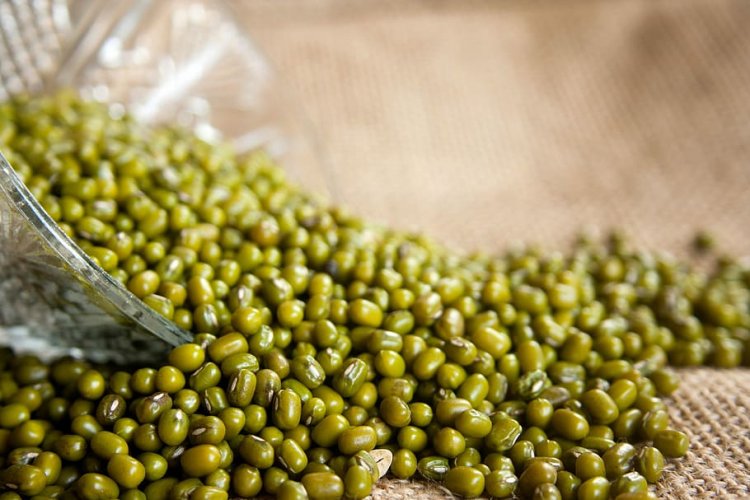
The Government has approved the procurement of a total quantity of 54,166 MT of Moong under the Price Support Scheme (PSS) in the States of Haryana, Uttar Pradesh and Gujarat for the summer crop season 2025–26. Similarly, the Government has approved the procurement of 50,750 MT of Groundnut under the Price Support Scheme (PSS) in Uttar Pradesh for the Summer Crop Season 2025–26, said a government press release.
Union Minister of Agriculture and Farmers’ Welfare Shivraj Singh Chouhan has also given approval to extend the period of procurement in Andhra Pradesh by another 15 days, up to June 26, 2025, keeping the interest of farmers of the state in mind.
Meanwhile, farmers in Madhya Pradesh are protesting to demand the procurement of summer moong, but the central government has not taken any decision in this regard yet.
In order to incentivize farmers and enhance the domestic production of pulses while reducing the country’s dependence on imports, the Government has permitted procurement of Tur (Arhar), Urad, and Masur under the PSS up to 100 percent of the production of the respective State for the procurement year 2024–25.
In the Union Budget 2025, the Government announced the continuation of this initiative for an additional four years, up to 2028–29, wherein procurement of these pulses will be undertaken up to 100 percent of State production through the Central Nodal Agencies, namely NAFED and NCCF, with the aim of achieving national self-sufficiency in pulse production.
The Government of India is implementing the integrated scheme Pradhan Mantri Annadata Aay Sanrakshan Abhiyan (PM-AASHA), which encompasses the Price Support Scheme (PSS), Price Deficiency Payment Scheme (PDPS), Market Intervention Scheme (MIS), and Price Stabilisation Fund (PSF). PSS is implemented as and when the market prices of notified pulses, oilseeds, and copra fall below the notified MSP during the peak harvesting period to provide remunerative prices to the farmers.



 Join the RuralVoice whatsapp group
Join the RuralVoice whatsapp group


















